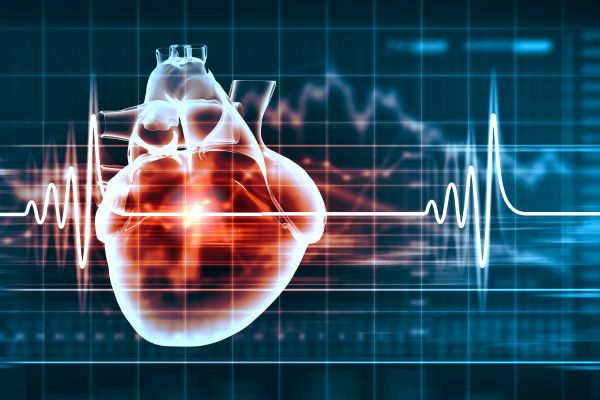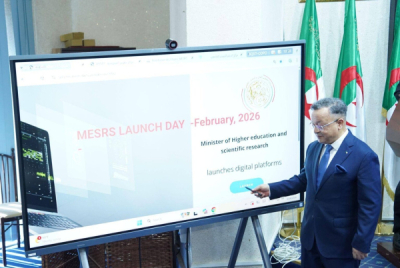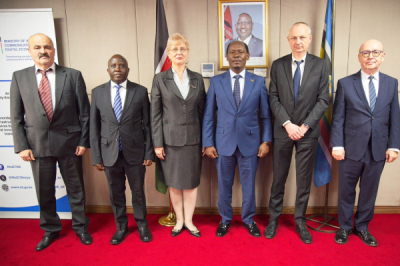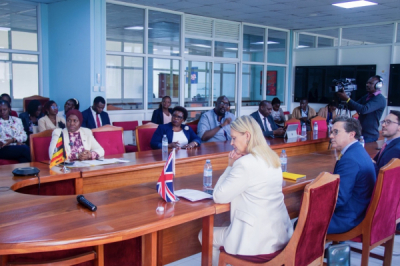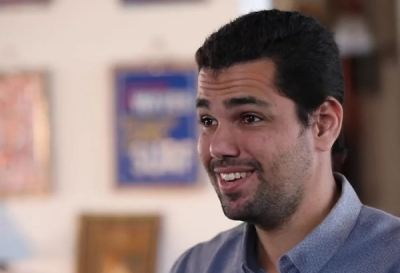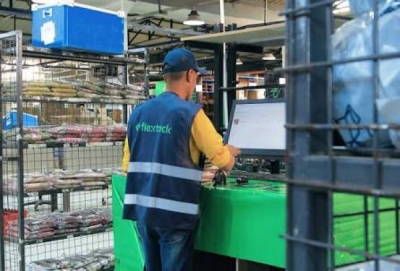• Tunisia to launch Najda platform for heart attack response
• System links ambulances, hospitals, specialists in real time
• Part of broader health digitization with international partners
Tunisia's Ministry of Health is set to roll out the digital platform Najda nationwide to detect heart attacks and trigger an immediate medical response. The initiative follows a successful pilot phase, with the platform set to become a national rapid-response tool for cardiac emergencies, according to a ministry statement on its Facebook page on Tuesday, August 12.
The ministry will equip all cardiology and emergency departments, along with SAMU ambulance services, with advanced digital equipment. The initiative includes training medical teams on the use of the new technology, in partnership with the Tunisian Society of Cardiology and the National Accreditation Authority.
Najda connects emergency services, cardiology units, and ambulances in real time. When a suspected case is reported, patient clinical data is transmitted instantly to specialists, who can guide treatment even before the patient arrives at the hospital. This reduces critical time delays, increasing the chances of survival and limiting irreversible cardiac damage.
The deployment of Najda is part of a broader health system modernization program. Tunisian authorities have established strategic partnerships, including with South Korea, to strengthen digital health capabilities. A new telemedicine center was inaugurated last week, allowing residents of inland regions to avoid long journeys for certain medical examinations.
The nationwide rollout also aims to standardize emergency protocols and improve coordination among medical facilities. Beyond the anticipated reduction in heart attack mortality, the project represents a significant step toward modernizing Tunisia's healthcare system. The experience could also serve as a model for integrating other critical emergencies, such as strokes or respiratory distress, into a unified digital network.
Adoni Conrad Quenum


